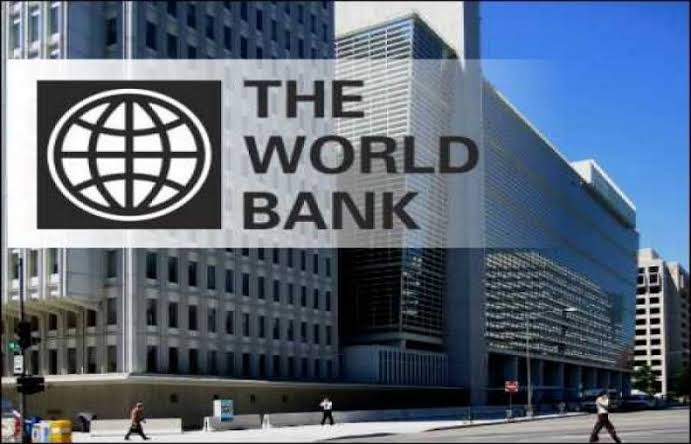By Asmau Ahmad
The World Bank says global economy is expected to grow by 4 per cent in 2021, assuming an initial COVID-19 vaccine rollout becomes widespread throughout the year.
This was contained in a statement issued in Washington D.C., at the presentation of the January 2021 Global Economic Prospects.
The bank said the recovery would likely be subdued unless policy makers moved decisively to tame the pandemic and implement investment-enhancing reforms.
It also said that growth in Sub-Saharan Africa was forecast to rebound moderately to 2.7 percent in 2021, while Nigeria’s growth was expected to resume at 1.1 percent.
For the region, it said that while the recovery in private consumption and investment was forecast to be slower than previously envisioned, export growth was expected to accelerate gradually, in line with the rebound in activity among major trading partners.
“Expectations of a sluggish recovery in Sub-Saharan Africa reflect persistent COVID-19 outbreaks in several economies that have inhibited the resumption of economic activity.
“The pandemic is projected to cause per capita incomes to decline by 0.2 percent this year, setting Sustainable Development Goals (SDGs) further out of reach in many countries in the region.
“This reversal is expected to push tens of millions more people into extreme poverty over last year and this year,” it stated.
For Nigeria, it said activity was anticipated to be dampened by low oil prices, Organisation of Petroleum Exporting Countries (OPEC) quotas, falling public investment due to weak government revenues, constrained private investment due to firm failures and subdued foreign investor confidence.
It, however, said that the rebound in Africa was expected to be slightly stronger, although below historical averages among agricultural commodity exporters, adding that higher international prices for agricultural commodities were expected to sustain activity.
Projecting risks for the region, it said that they were tilted to the downside as growth in major trading partners could fall short of expectations.
It said that wide scale distribution of a COVID-19 vaccine in the region would likely face many hurdles, including poor transport infrastructure and weak health systems capacity.
The World Bank President, David Malpass, said that while the global economy appeared to have entered a subdued recovery, policymakers faced formidable challenges as they tried to ensure that this still fragile global recovery gained traction and sets a foundation for robust growth.
“To overcome the impacts of the pandemic and counter the investment headwind, there needs to be a major push to improve business environments, increase labor and product market flexibility and strengthen transparency and governance,” he said.
The report said that the near-term outlook remained highly uncertain and different growth outcomes were still possible, adding that a downside scenario in which infections continued to rise and the rollout of a vaccine delayed, could limit the global expansion to 1.6 per cent in 2021.


